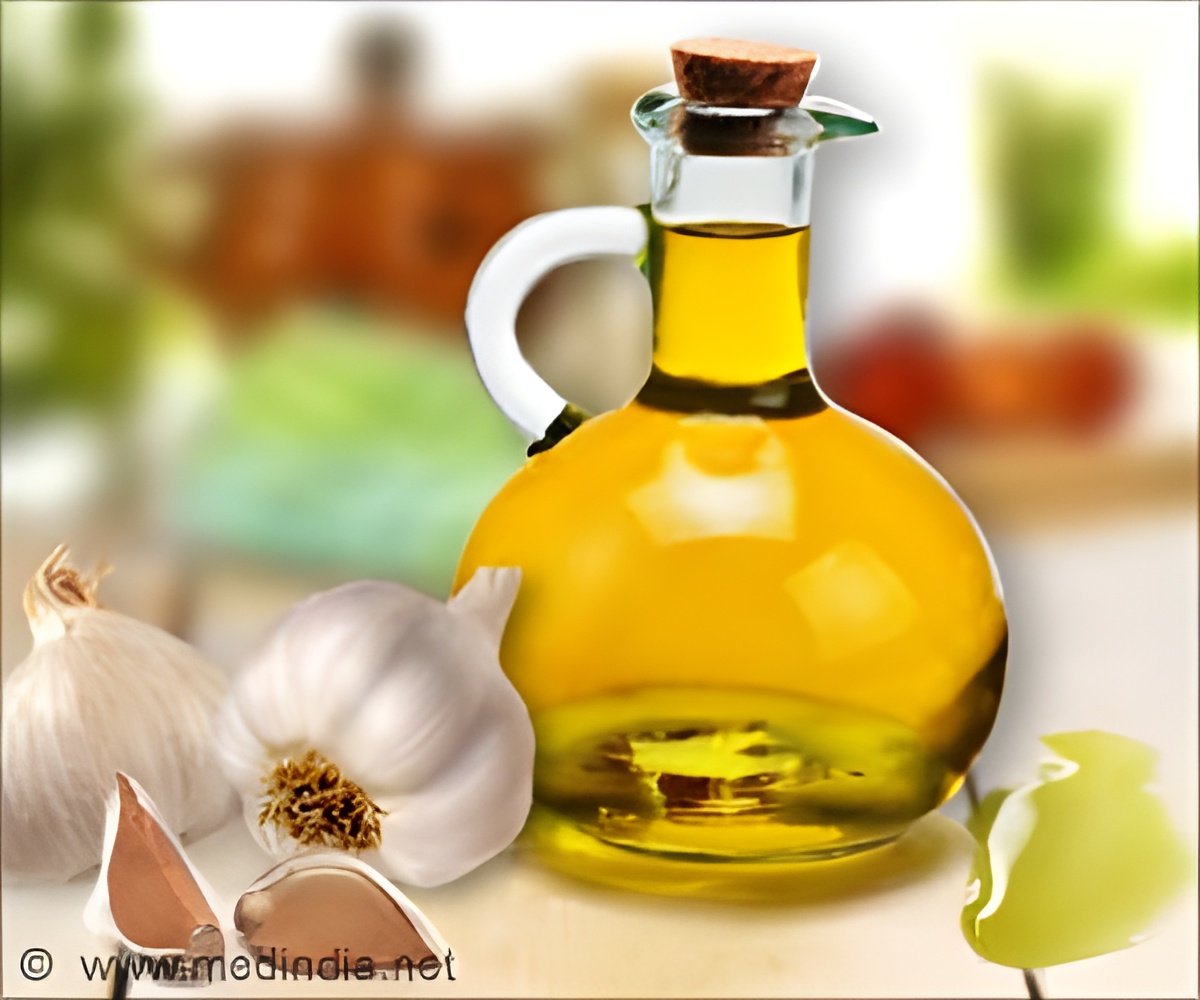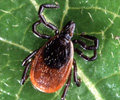Lyme Disease Treatment: Essential oils from garlic and other herbs and medicinal plants show potent killing activity against Lyme disease bacteria.

TOP INSIGHT
Essential oils from garlic and other herbs may be better than current antibiotics at treating persistent Lyme disease bacteria.
Read More..
"We found that these essential oils were even better at killing the 'persister' forms of Lyme bacteria than standard Lyme antibiotics," says study senior author Ying Zhang, MD, Ph.D., professor in the Department of Molecular Microbiology and Immunology at the Bloomberg School.
There are an estimated 300,000 new cases of Lyme disease each year in the United States. Standard treatment with doxycycline or an alternative antibiotic for a few weeks usually clears the infection and resolves symptoms. However, about 10 to 20 percent of patients report persistent symptoms including fatigue and joint pain--often termed "persistent Lyme infection" or "post-treatment Lyme disease syndrome" (PTLDS) that in some cases can last for months or years.
The cause of this lingering syndrome isn't known. But it is known that cultures of Lyme disease bacteria, Borrelia burgdorferi, can enter a so-called stationary phase in which many of the cells divide slowly or not at all. The slow-dividing or dormant cells are "persister" cells, which can form naturally under nutrient starvation or stress conditions, and are more resistant to antibiotics.
Some researchers have sought other drugs or medicinal compounds that can kill persister Lyme bacteria in the hope that these compounds can be used to treat people with persistent Lyme symptoms.
In a 2017 study, they found that essential oils from oregano, cinnamon bark, clove buds, citronella, and wintergreen killed stationary phase Lyme bacteria even more potently than daptomycin, the champion among tested pharmaceuticals.
Oils from thyme leaves, cumin seeds, and amyris wood also performed well, as did cinnamaldehyde, the fragrant main ingredient of cinnamon bark oil.
Lab-dish tests such as these represent an early stage of research, but Zhang and colleagues hope in the near future to continue their investigations of essential oils with tests in live animals, including tests in mouse models of persistent Lyme infection. If those tests go well and the effective doses seem safe, Zhang expects to organize initial tests in humans.
"At this stage, these essential oils look very promising as candidate treatments for persistent Lyme infection, but ultimately we need properly designed clinical trials," he says.
Source-Eurekalert
 MEDINDIA
MEDINDIA


 Email
Email










